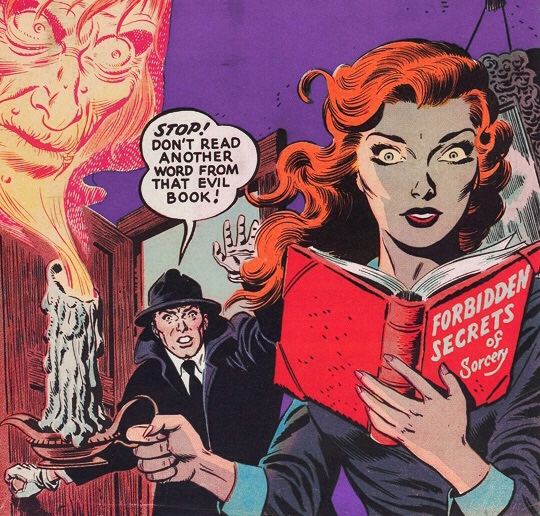It’s been a very good week, all in all. My first two pieces for Mental Floss went up (unusual riots and repurposed mental hospitals!), I just found out a good friend got his dream job and I cleaned my kitchen in a major and necessary way, thanks to inhaling the available-on-Netflix season of The Great British Bake Off. The coming few days will include long-overdue quality time with the friend who got me into Studs Terkel, and therefore journalism; a trip to my favorite hair salon for some touch-ups and pampering; and more than a few excellent holiday parties.
What I’m thinking about, though, in my off-hours, is fiction. I did wind up completing that 50,000-word novel during the month of November, although I’m learning the truth of Terry Pratchett’s dictum now more than ever: The first draft is just you telling yourself the story. What I churned out during NaNoWriMo has a few nuggets and flashes that feel like the right direction, but the more I wrote, the more I realized it was maybe 18% of the thing I ultimately want this story to be.
I say story and not novel, even though novels are what I’m most comfortable with, as a medium, because I have such strong visuals for this story, and I’m really wondering if it should be a comic or a script. But again, written fiction is what I know how to do, so it’s how I can get the story down soonest. This is the first of many things about which I’m getting way, way ahead of myself. (Not a new struggle for me, either.)
But I’m trying to figure out the best way to tease out or work toward the rest. My elevator pitch for this story is “Three young witches join the USO during World War II.” So: What’s the system of magic? What are the communities of magic? What are the rules about participating in non-magic conflicts? How much backstory should I include, on the individual protagonists and on their mutual history? How am I going to research what USO entertainers could reasonably expect on the foxhole circuit, during their day-to-day? Where should they live? How late in the war were U-boats blowing up Allied ships? How do I even write the middle of this book, which I pretty much skipped entirely?
This is in addition to the complexities I want to explore in my three heroines, one of whom is furious that they’re not using their gifts to put an end to the Reich. How exactly do you confront the Holocaust as it’s happening without either trivializing it or letting it dominate the novel? Is that even right? (For instance, I can’t wrap my head around The Book Thief, in which the Holocaust was virtually incidental, save for some plot points that enlightened or ennobled the gentile protagonists. On the other hand, my beloved Captain America sidesteps it entirely, which is no better a solution.) There are also questions of religion meeting atheism meeting magic, and how that upends your world, and how you keep this story from turning into yet another earth-shattering epic, not to mention the accidental triangle of sexual tension that’s emerged with a ghost. Whoops?
There is an answer to all this, and that’s talk to people and do the work. Worrying about how you’re going to organize that conversation is a good way of convincing yourself that you’re doing something when you’re actually just spinning your wheels. (See also: perfectionism.) Anyway, one of my favorite working comics artists is doing an online course starting next month. Why worry when you can just learn?
(Good pep talk, self! Hope you enjoyed that too, reader. What are your best methods for just getting the novel done?)




